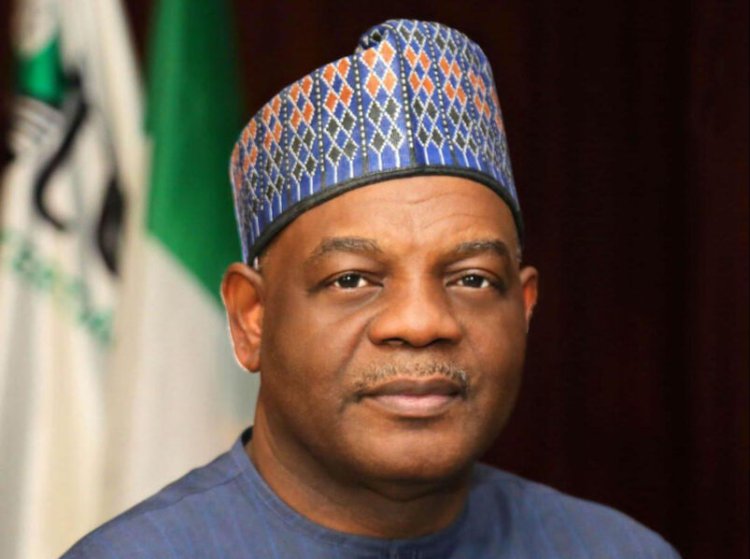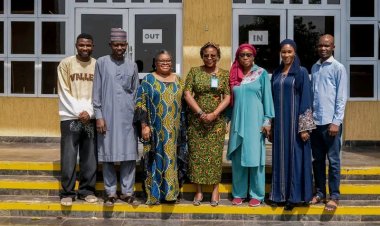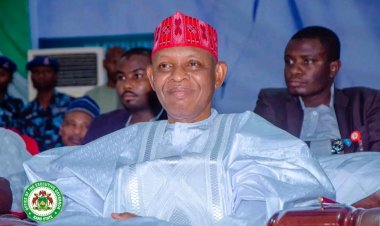Funding Crisis in Nigerian Universities: The Urgent Need for a Sustainable Model
Nigerian universities struggle with financial sustainability due to political instability, economic challenges, and overreliance on government funding. Despite interventions from TETFund, infrastructure remains inadequate, and student populations continue to outgrow available resources.

Nigerian universities struggle with financial sustainability due to political instability, economic challenges, and overreliance on government funding.
Nigeria’s tertiary education sector is facing a financial crisis, with inadequate funding threatening the quality and sustainability of universities across the country. Experts have identified political instability, economic downturns, and overreliance on government allocations as key factors contributing to this challenge.
The Executive Secretary of the Tertiary Education Trust Fund (TETFund), Sonny Echono, recently highlighted the depth of the problem. He stated that while TETFund has completed over 152,000 infrastructural projects and sponsored over 42,000 scholars, the demand for intervention continues to exceed available resources. He warned that without a sustainable funding model, Nigerian universities would struggle to provide quality education and meet global standards.
One major challenge is the heavy dependence on government funding, which has proven to be unstable due to economic fluctuations. Budgetary allocations to education are often insufficient, leaving universities with inadequate infrastructure, outdated facilities, and a growing student population that exceeds available resources.
Additionally, there is a lack of financial accountability in many institutions, further worsening the funding crisis. Many universities struggle to generate internal revenue or attract private-sector investment due to weak governance structures.
Education experts and policymakers are advocating for alternative funding approaches, such as public-private partnerships, encouraging endowment funds from alumni and philanthropists, engaging in commercial ventures like consultancy services and agriculture, and reviewing tuition policies to allow for increased revenue while ensuring financial aid for low-income students.
Without urgent reforms, Nigerian universities risk further decline, impacting both students and the country’s overall economic development. Stakeholders are calling on the government, private sector, and academic institutions to work together in developing a sustainable funding model that ensures long-term stability. Education remains a critical driver of national progress, and unless Nigeria invests adequately in its universities, the country’s future workforce and innovation capacity will remain at risk.

 Deborahhh
Deborahhh 



